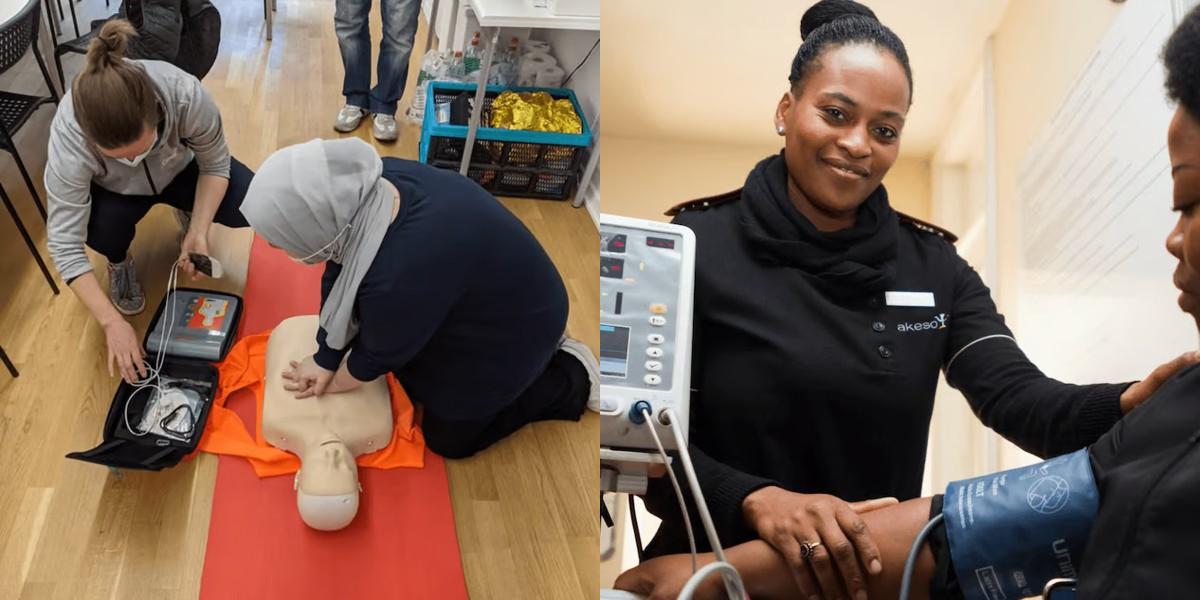CPR-BLS vs Patient Care Technician

As a workforce development specialist, I often encounter students who are interested in pursuing a career in the healthcare industry. Two popular options that they often consider are becoming a CPR-BLS (Basic Life Support) provider or a Patient Care Technician. While both roles involve providing care to patients, they have distinct differences in terms of job description, education and training requirements, as well as career outlook and salary. In this blog post, we will explore these differences to help you make an informed decision about which path to pursue.
CPR-BLS vs Patient Care Technician: Career Outlook and Salary
When considering a career path, it's essential to evaluate the job outlook and potential salary for each role.
CPR-BLS:
- As a CPR-BLS provider, you can expect to find job opportunities in a variety of settings, including hospitals, clinics, schools, and community centers.
- The demand for CPR-BLS providers is expected to remain steady, as there will always be a need for individuals with life-saving skills.
- The salary for CPR-BLS providers varies depending on factors such as location, experience, and the specific setting in which they work. On average, CPR-BLS providers earn around $35,000 per year.
Patient Care Technician:
- The demand for Patient Care Technicians is projected to grow rapidly in the coming years, driven by an aging population and an increased focus on providing quality care.
- Patient Care Technicians can find employment in hospitals, long-term care facilities, outpatient clinics, and home healthcare agencies.
- The salary for Patient Care Technicians varies depending on factors such as location, experience, and the specific setting in which they work. On average, PCTs earn around $31,000 per year.
Final Thoughts
Choosing between becoming a CPR-BLS provider or a Patient Care Technician ultimately depends on your interests, career goals, and the level of responsibility you desire. While both roles involve caring for patients, they have distinct differences in terms of job description, education and training requirements, as well as career outlook and salary. Consider your strengths, preferences, and long-term goals when making a decision. Remember, both roles are essential in the healthcare industry and play a vital role in saving and improving lives.
Uncover the opportunities with Dreambound's programs, available in different locations. Dive into these two vocations by checking:





